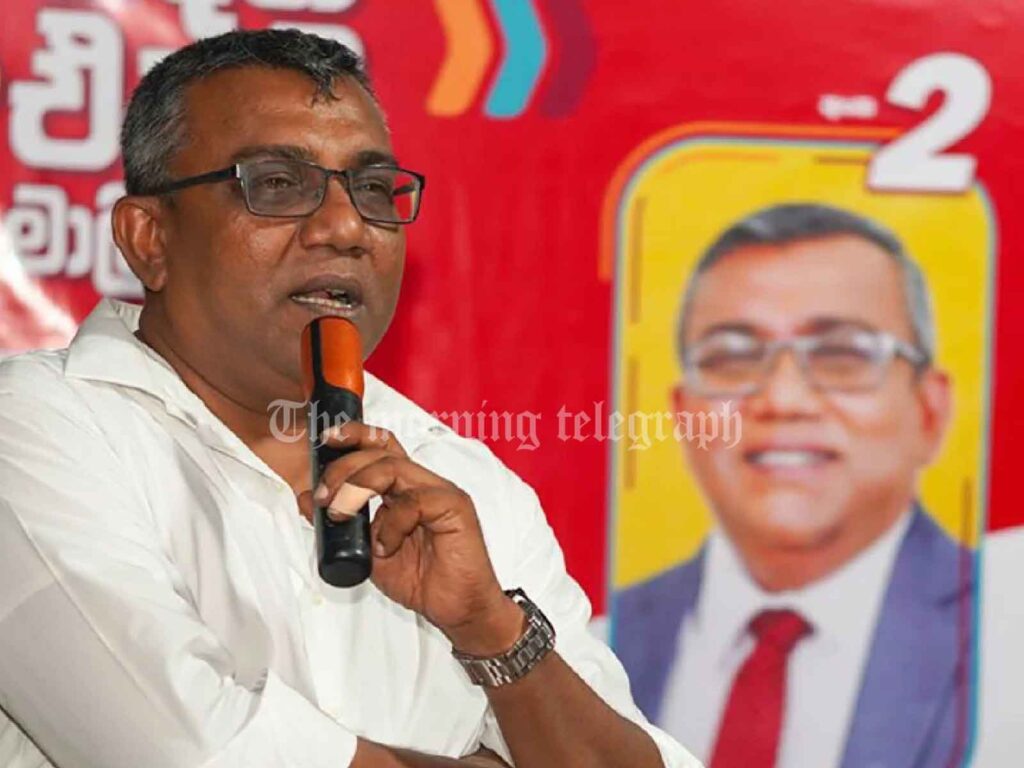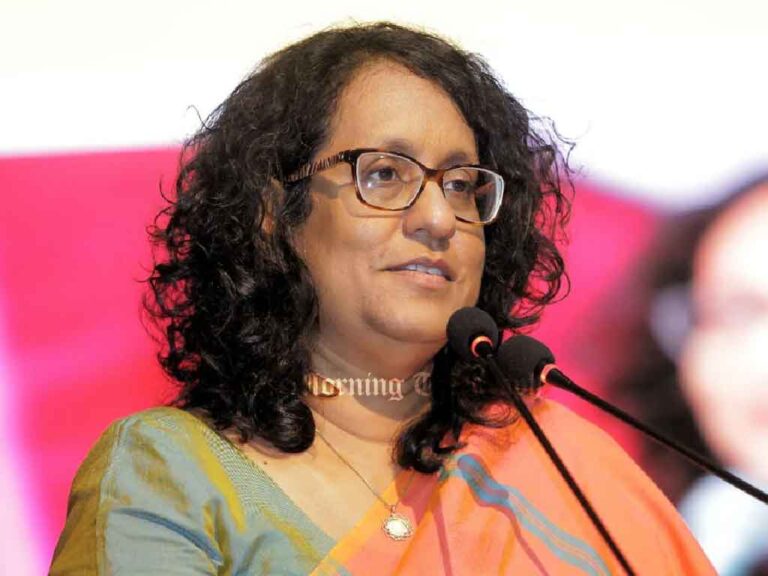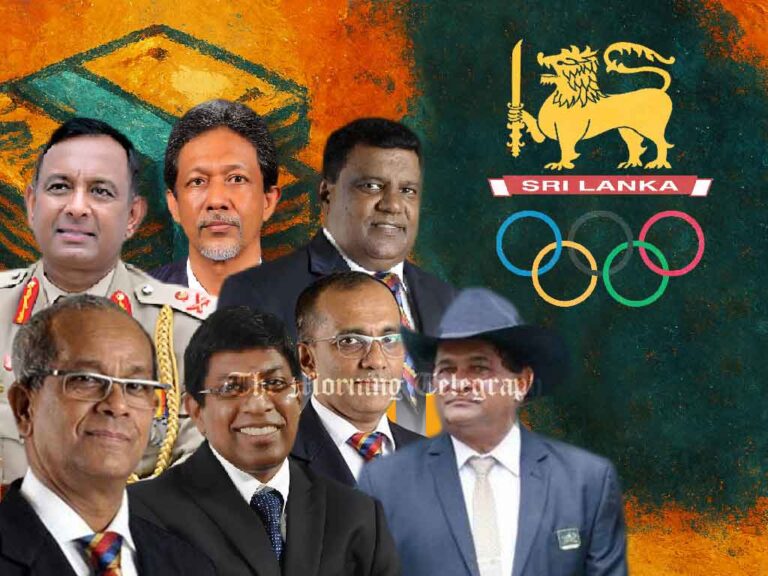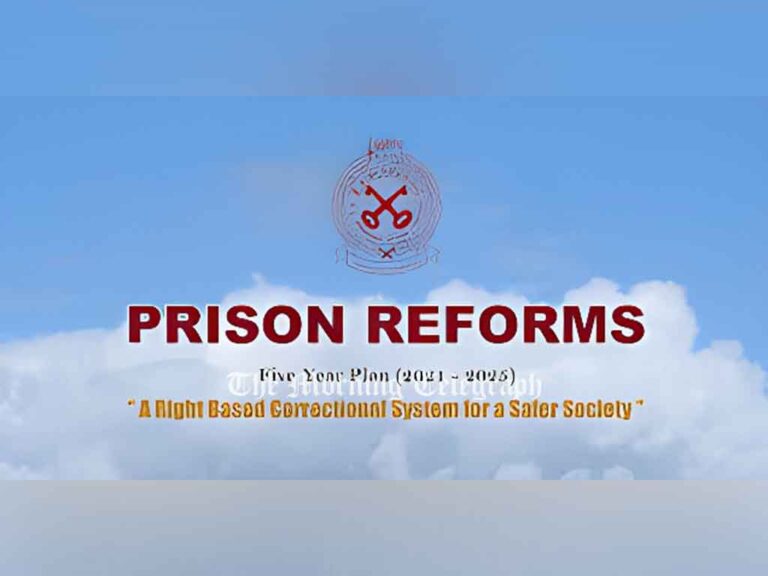
National People’s Power (NPP) presidential candidate Upul Kumarapperuma has pledged to not only reform the political system in Sri Lanka but also instill a strong culture of discipline among citizens to support the nation’s development goals. Speaking at an NPP rally in Matara, Kumarapperuma stressed that merely changing leadership or policies won’t be sufficient to uplift the country if the public’s attitude doesn’t also evolve toward a sense of national responsibility and honesty.
Kumarapperuma argued that many Sri Lankans abroad were initially drawn to vote for a disciplined government under Gotabhaya Rajapaksa. Yet, the anticipated change fell short due to the lack of societal discipline and accountability, he said. Kumarapperuma reiterated that true development stems from the collective attitudes of a country’s people, drawing parallels to Japan’s transformation post-World War II. Japan, he noted, invested in shifting its citizens’ outlook and created a culture where honesty and hard work were prioritized, paving the way for its success.
Citing examples from countries like Singapore, Kumarapperuma highlighted that laws can effectively create a disciplined society when they are implemented strictly and fairly. He criticized the everyday acts of petty theft and misuse of resources in Sri Lanka as signs of a deeper institutional issue, worsened by decades of political corruption. According to Kumarapperuma, Sri Lanka’s development requires both a top-down elimination of corrupt institutions and a bottom-up shift in individual behaviors and values.
“If we cannot inspire change through attitude alone,” he said, “then we must enforce it through law.” He proposed adopting the strict, rule-based approach seen in developed nations to build a disciplined, corruption-free society. Kumarapperuma’s vision for Sri Lanka is one where equal application of the law creates a just society where every citizen can thrive and contribute to national progress.
The NPP candidate concluded his speech by rallying citizens to embrace this dual strategy of discipline and reform. He urged them to take an active role in shaping a new, progressive Sri Lanka that could be a source of pride for all its people.




